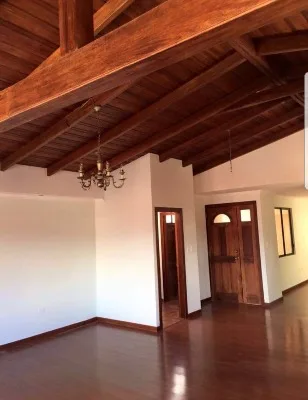New pandemic restrictions in Europe spark protests ‘for freedom’ in Italy, Spain and Britain
By Elisabetta Povoledo, Raphael Minder and Isabella Kwai
Protests broke out in several Italian cities on Monday and Tuesday after a government decree aimed at stemming the spread of the coronavirus went into effect.

Police in Turin, Italy clash with protesters Monday night.
Hundreds of demonstrators in Catania, Milan, Turin and other cities blocked traffic, set off firecrackers, burned garbage cans and clashed with the police as they protested the new rules, which ordered bars and restaurants to close at 6 p.m. and shut cinemas, theaters and gyms until Nov. 24. Many protesters chanted: “Freedom, freedom.”
The decree comes after a sharp spike in virus cases: Italy has recorded an average of 17,000 new cases a day over the past week. The country, which was hit hard during the first wave of the virus, has reported 542,789 total cases and at least 37,000 deaths.
After a monthslong lockdown earlier this year, Italian bar and restaurant owners said the new restrictions would force many to close for good. Some placed signs in store windows that read: “Forced to close at 6 p.m., but it is our right to have a future.”
A petition by leaders of Italy’s entertainment industries, as well as directors and actors, said that the new closures were unjustified, given the strict protocols that had been in place since the summer.
The petition claimed that the fatality rate for Covid-19 is dropping rapidly, approaching that for influenza. “What comes next? Will we have lockdowns for the common cold,” petitioners asked.
After protests on Friday turned violent in Naples, one of the cities where an overnight curfew had already gone into effect, Italy’s interior ministry warned that the demonstrations had been infiltrated by individuals who were trying to stir up trouble, though peaceful protests were also held in several cities.
These acts of violence “have nothing to do with forms of civil dissent and the legitimate concern of entrepreneurs and workers related to the difficult economic situation,” Interior Minister Luciana Lamorgese said in statement. She said that prosecutors were investigating the protests.
The far-right group Forza Nuova clashed with police in Rome on Saturday after a demonstration to protest the overnight curfew and “health dictatorship.”
In Spain, hundreds of demonstrators gathered in Barcelona on Monday to protest the nighttime curfew that came into force a day earlier, as part of Spain’s latest state of emergency. The protest ended with some demonstrators clashing with police officers and burning trash containers. Barcelona’s local police estimated that about 800 people took part in the demonstration, with one of them detained.
And on Tuesday, Spanish doctors staged a nationwide walkout to protest work conditions and hiring policies in the country’s public health care system. Hospitals were able to continue operating with minimal staffing. The doctors plan to repeat the protests on every last Tuesday of the month until the government increases resources.
Resistance to new rules is also hardening in northern England, where lawmakers urged Prime Minister Boris Johnson to create a “clear road map” out of lockdown restrictions and asked for economic support, saying the region was being disproportionately affected by the pandemic.
Northern England has seen “disruption unparalleled to other parts of the country,” more than 50 members of Mr. Johnson’s Conservative Party said in a letter, adding that the pandemic had exposed systemic disadvantages between the country’s northern and southern regions.
Officials have imposed the country’s harshest restrictions on parts of England’s north, including the cities of Liverpool and Manchester, with pubs, gyms and some other nonessential businesses closed. But local officials have feuded with the government on providing lifelines for the region’s economy, while some residents have taken issue with seemingly contradictory rules.
___________________
Credit: New York Times


















